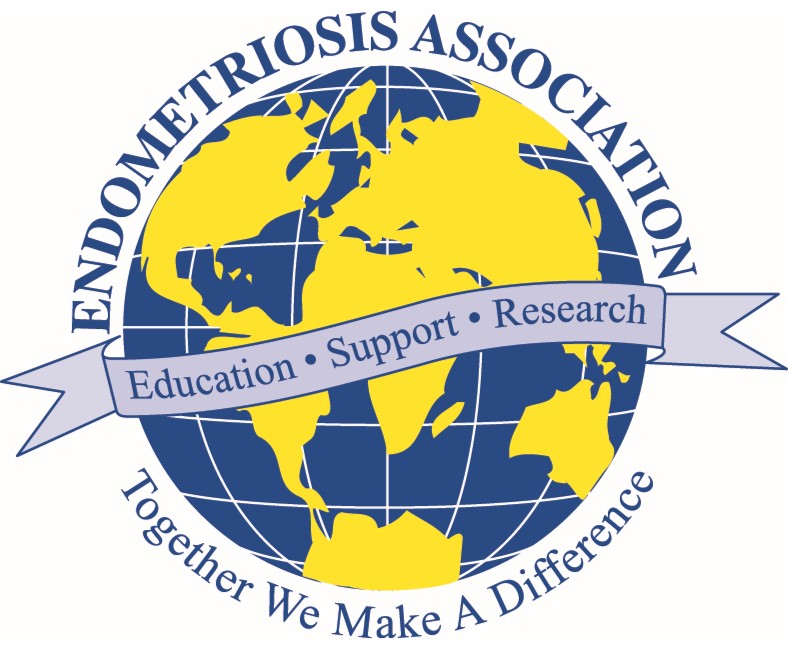About Endometriosis
Endo-What? How do you pronounce that word?
The correct pronunciation of Endometriosis is end-oh-me-tree-oh-sis … but many women and medical professionals simply refer to the disease as “endo.”
What is Endometriosis?
Endometriosis is a puzzling disease that affects our hormones, our immune system (the system that fights germs and cancer), and the digestive tract (the system involved in the breakdown and absorption of our food).
The name comes from the word “endometrium” which is the tissue that lines the inside of the uterus. Each month, or cycle, this tissue builds up and sheds, causing the normal bleeding experienced during the period. With endometriosis, tissue like this is found outside of the uterus in other areas of the body, such as the abdomen, intestines, bladder, and other places. In these other locations, the tissue develops into what are called “growths” or “implants.”
Like the lining of the uterus, endometriosis growths usually respond to the hormones of the menstrual cycle. They can build up tissue and shed each cycle causing bleeding.
The result of this bleeding and the immune problems that are part of endo are the formation of scar tissue, pain, and other complications.
Endometriosis FAQs
Who does endometriosis effect?
Endometriosis is an equal opportunity disease, affecting women and girls of all races and colors.
Isn’t it normal to have menstrual cramps?
Menstrual pain that keeps you from participating in usual activities is not normal. Some women never experience menstrual cramps. Others have only mild, occasional pain. If your cramps are severe and/or frequent, it is a sign of a problem.
What causes those terrible menstrual cramps?
An imbalance of substances called prostaglandins could be the problem. Prostaglandins regulate the smooth muscles in uterus, the intestines, and other tissues. An imbalance of prostaglandins in your body can cause the uterus to contract too strongly and cause a lot of pain.
Can I have endometriosis if I am not sexually active?
Endometriosis is NOT a sexually transmitted disease. Many teens and women who are not sexually active have endo.
Can I die from endometriosis?
No. Endometriosis does not seem to be a life-threatening illness. However, if ignored and left untreated, endo can lead to increased pain, possible infertility, and serious disability. That is why it is so important for teenagers to listen to their bodies, learn to understand the signals, and take charge of their personal health. By taking action now, teens can prevent serious endometriosis problems in the future.
Is there a cure for endometriosis?
Unfortunately, there is no cure yet for endo. But, the Endometriosis Association, through its ongoing support of medical research around the world, is leading the way toward a cure and an end to endometriosis suffering.
